
Are psychiatric disorders such as schizophrenia and depression triggered by infections in early life?

Are psychiatric disorders such as schizophrenia and depression triggered by infections in early life?
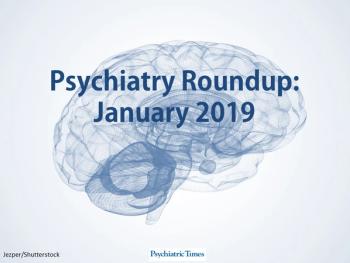
Editor's picks of psychiatry stories you may have missed: A medical society raises the alarm, first-ever practice guidelines for men, new discoveries in the immunopathology of schizophrenia, and more are covered in our January roundup.
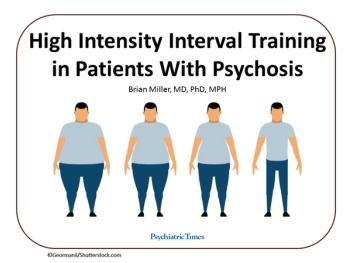
Physical activity should be considered an important part of the management of metabolic complications in patients with psychotic disorders.
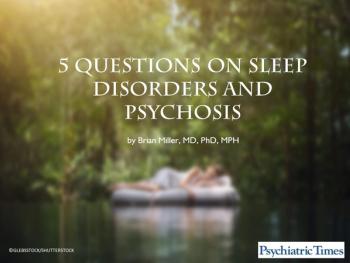
Sleep disruption is often overlooked in treatment planning for patients with psychotic disorders. Recent research provides insights in this 5-question quiz.
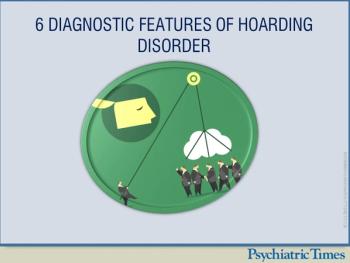
People with HD can experience social isolation, divorce, separation or alienation from family members and friends, not to mention risk of injury or death.
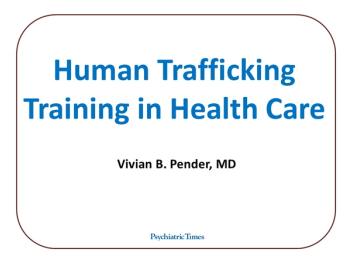
In the spirit of Human Trafficking Awareness Month, we hope this short quiz raises awareness when considering clinical vulnerability in victims.
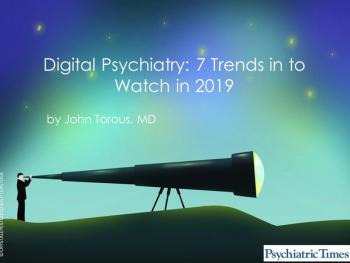
While no one can predict the future, it is clear that 2019 will be a transformative year for smartphone apps, sensors, chatbots, and much more. Here are 7 trends to follow.
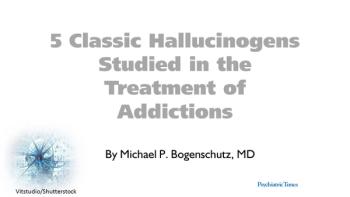
This slideshow provides information about the compounds, clinically relevant attributes, approximate dose, and data under study.
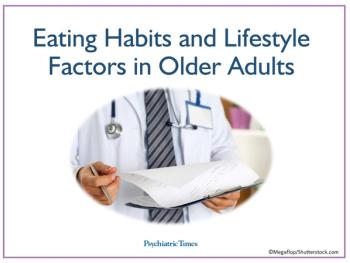
Three news studies show how eating habits and other lifestyle factors affect cognition and brain imaging may be useful in predicting dementia.
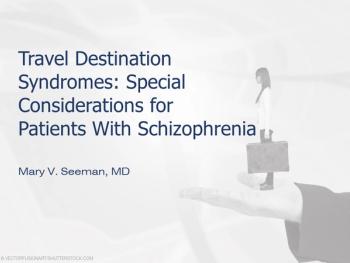
Consider these travel tips to help alleviate your patients’ fears that, if left unchecked, can trigger full-blown psychosis.
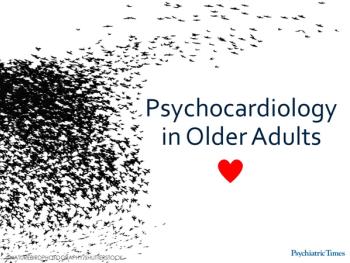
Three new studies shed light on the role of cardiac health in developing Alzheimer disease, depression, anxiety, and dementia.
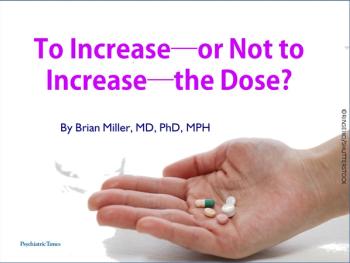
A brief discussion of dose increase versus unchanged continuation of antidepressants after initial treatment failure in patients with depression.
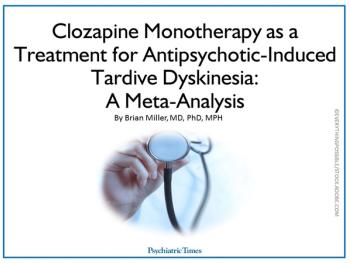
Tardive dyskinesia, an involuntary athetoid or choreiform movements, generally of the tongue, lower face and jaw, and extremities, is highly prevalent in patients with schizophrenia after long-term antipsychotic use. What about clozapine for TD?
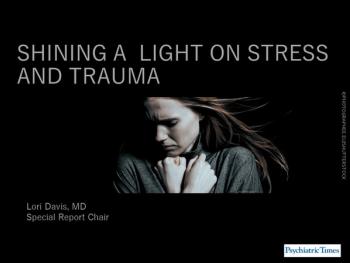
This collection brings together topics on trauma and stress that are neglected in the current literature.
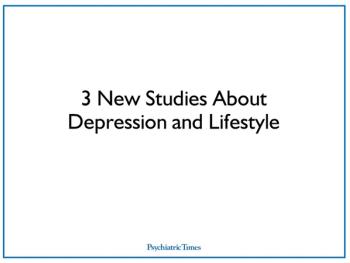
Three new studies highlight the link between depression and opioid overdoses; “early birds” are less prone to depression; and consuming fish may reduce the risk of depression.
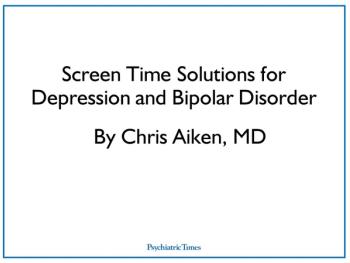
Unremitting screen time worsens two systems that are already fragile in people with mood disorders-sleep and circadian rhythms.
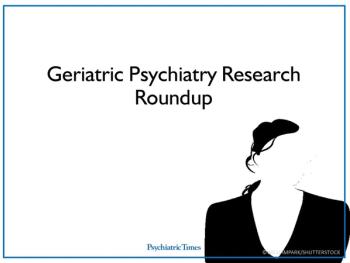
A research roundup about long-term prescribing guidelines, “psychogenic death,” and implications for patients with depression and pain.
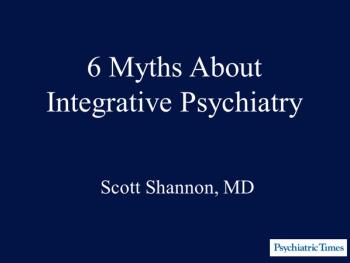
As we shift from treating disease and toward supporting health, medication is merely one possible intervention in a spectrum of possible ones.
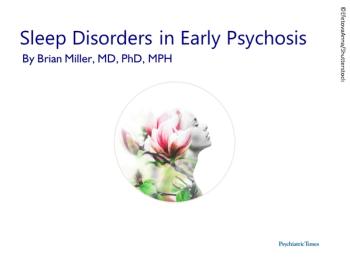
Sleep disturbance-including shorter sleep time and lowered sleep quality-is associated with increased psychotic experiences. So what's new?
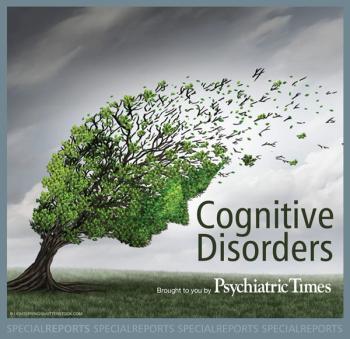
Cognitive problems have historically been the last to be recognized and treated in the clinical setting.
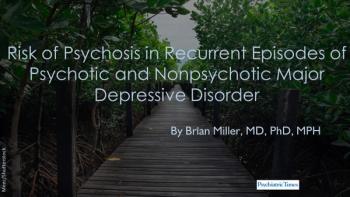
New findings raise the question of the optimal treatment for prevention of future psychotic depressive episodes.

"Tell me what you see."
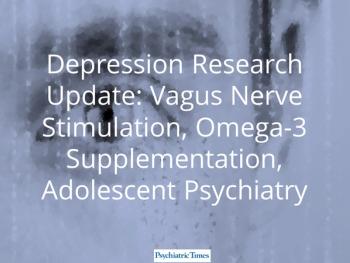
New studies in major depression find VNS improves the quality of life of patients with treatment-resistant depression and two other findings.
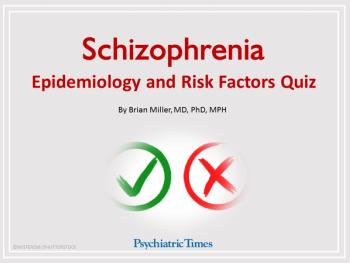
Test your knowledge on incidence of schizophrenia, risk factors associated with psychosis, gender and cultural distinctions, and more.
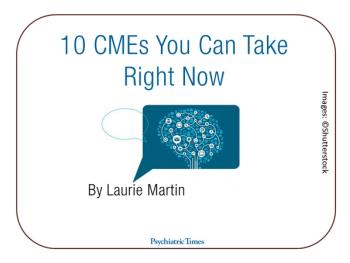
Our CME collection features innovative strategies for addressing SUDS, inflammation and schizophrenia, sexual dysfunction, restless legs syndrome, and more. All free, all the time.
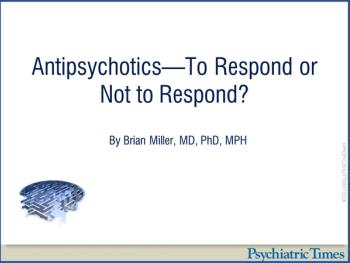
A new study brings us closer to answering why antipsychotics are successful in treating schizophrenia in some patients and not in others.
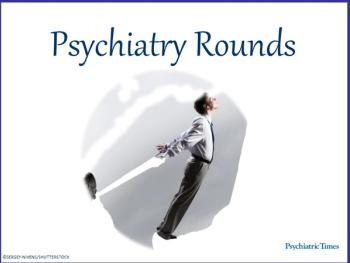
The perils of job insecurity; depression and cardiac risks; the longest-running mental health study; smart drugs that aren’t so smart; heatstroke in psychiatric patients; an autism puzzler; and psychosis and eating disorders.
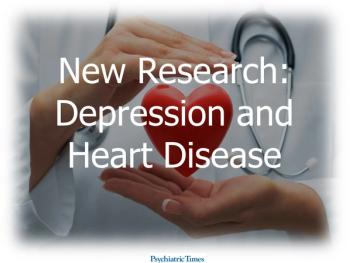
New research brings us closer to learning about the associations between psychological states, quality of life, and cardiovascular health.
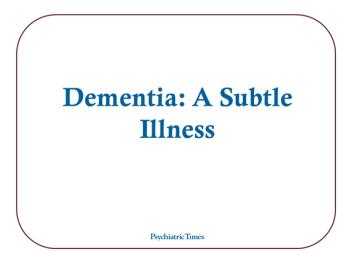
New data indicate that dementia is largely undiagnosed or unrecognized; exposure to general anesthesia and surgery can lead to a subtle decline in memory and thinking skills in older adults; and sarcopenic obesity in older adults may predict dementia.
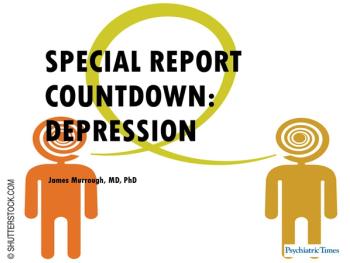
This special collection provides new insights on major aspects of depression: psychopharmacology, therapeutic interventions, major depressive episodes, biomarkers, and pseudobulbar affect.